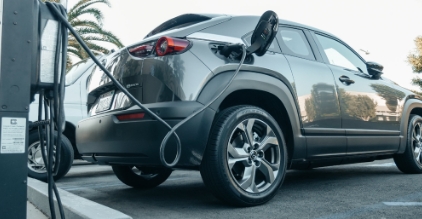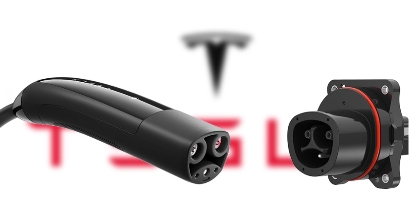Remarkable growth of electric vehicle charging infrastructure in the UK as 2023 concludes.
The numbers speak volumes about the accelerating shift towards a greener and more sustainable future.
The end of December 2023 marks a pivotal moment in the UK's electric evolution. With a staggering 53,906 charging points, the country has experienced a monumental 45% increase in the total number of charging devices since December 2022.
However, the success of this transition hinges on the establishment of a robust, comprehensive, and competitive eV charging network. Similar to the convenience of refuelling with petrol or diesel, people must have trust and confidence in the charging infrastructure for widespread eV adoption.
#UKChargingPoints #eVInfrastructure #GreenTransition #SustainableMobility
The charging stations are spread across 31,056 locations in the UK ensuring widespread accessibility for eV owners. However, the number excludes the many charging points installed at homes and workplaces which are estimated at around 6,80,000.
The surge in charging locations highlights a commitment to making eV charging convenient and available to all. While rapid and ultra-rapid chargers make up around 20% of total devices, they account for around 60% of the total load distribution capacity.
Greater London has the highest population of eV charging points, with 18,561. This is followed by SE England (6,174) and Scotland (4,591).
The substantial growth in charging infrastructure not only meets the rising demand but also propels the nation further into the era of sustainable and green mobility
Challenges and Scale of the eV Charging Network Expansion:
The magnitude of the shift to eVs necessitates the development of an entirely new charging network. Forecasts indicate a substantial demand, with estimates ranging from 280,000 to 480,000 public charge points required by 2030. This represents a staggering increase of more than tenfold compared to the current number.
A diverse mix of strategically placed charging options, including home and work solutions, is crucial to incentivise a broader embrace of electric vehicles across the UK.
Rapid charging facilities for long journeys, particularly along motorways and in remote areas, along with on-street charging at the kerbside (for those without private parking), are essential components of this mix.
Current Challenges in Charging Accessibility:
Despite the pressing need for expanded charging infrastructure, access to suitable charging locations is currently uneven and often described as a 'postcode lottery.'
In outer London, the concentration of on-street eV chargers is around 1000 out of a total of 5700.
Some areas, like Yorkshire and the Humber, are at risk of being left behind, with the number of total charge-points per head being only a quarter of those in London.
The Imperative of a Fair and Comprehensive Charging Network:
A comprehensive and competitive eV charging network is not just a matter of convenience; it is a critical component for achieving Net Zero by 2050.
The charging infrastructure must be strategically planned and implemented to ensure equitable
access across different regions, urban and rural areas, and diverse demographic groups.
Building public trust in the charging network is pivotal to overcoming the perceived barriers
to eV adoption, encouraging a seamless transition to electric mobility.
At CUSP, we foster inclusivity by improving widespread electric mobility connections through
strategic partnerships with charging stations, dealers, financing partners, and OEMs, promoting
sustainable mobility options and incentivising growth for diverse businesses and organizations
in the public and private sectors.
We simplify decision-making for individuals and organizations transitioning to electric mobility
by providing a singular, all-inclusive platform that is easily accessible and navigable.

.png)
.png)
.png)














 Google
Google Apple
Apple Meta
Meta Back
Back



 Upper Case (A-Z)
Upper Case (A-Z)


